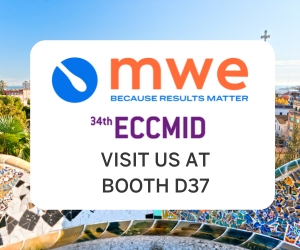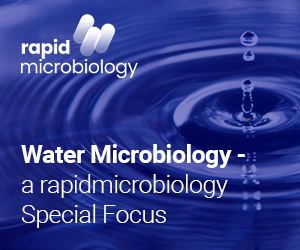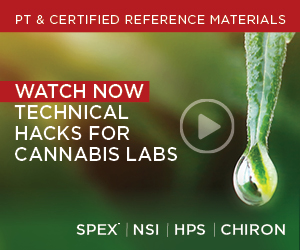ANSR™ for Salmonella Receives Added AOAC Matrix Approvals
| Neogen Corporation has received a matrix extension for its Performance Tested MethodSM Certification (PTM #061203) from the AOAC Research Institute for its ANSR™ for Salmonella assay. In addition to the original claims, the following matrices are now included in the approval: soy flour, cocoa powder, peanut butter, almonds, dry pet food, dried pasteurized egg, black pepper, ice cream, raw shrimp and raw spinach. The original AOAC-RI approval from June 2012 covered the use of the ANSR system to detect Salmonella in food matrices that included raw ground beef, raw ground turkey, chicken carcass rinse, hot dogs, oat cereal, and sponge or swab samples from stainless steel, plastic, ceramic tile, sealed concrete, and rubber environmental surfaces. The ANSR system uses an innovative isothermal DNA amplification process to amplify DNA to detectable levels and fluorescent molecular beacon technology for detection of the pathogen target. Combined with ANSR's single enrichment step, Neogen's new pathogen detection method can provide DNA-definitive results for Salmonella in as little as 10 hours from the time the sample is taken. Unlike PCR-based methods, ANSR requires only a single reaction temperature, which completely eliminates the time-consuming heating and cooling cycles of older methods. The ANSR system's small benchtop footprint and extremely simple test procedure make it an easy fit in any laboratory workflow. |
NOTE: This item is from our 'historic' database and may contain information which is not up to date.
Source : Neogen Corp. View Company Information
Posted on January 21, 2013







